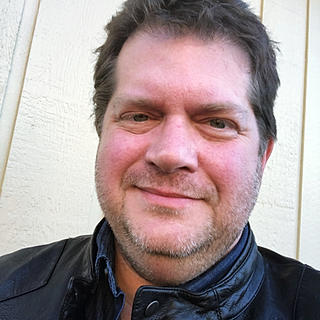My List of the Top Five Best Books Ever
- C.E. Newsom
- Dec 28, 2016
- 3 min read
A writer has to read. I'm not talking about how-to books on writing, or articles about writing, or blogs about writing. I'm talking about reading actual books. Guitarists listen to Clapton and Hendrix. Piano players listen to Elton John and Billy Joel. Composers listen to Beethoven and Mozart. That's a big part of how they learn. Likewise, writers need to read other writers. I'm not saying that one should copy other writers, but a good writer emulates others, and along the way he discovers his own voice.
With that said, after much deliberation, I give you my list of the top five books ever written, for what my opinion may be worth:

5. A Study in Scarlet by Arthur Conan Doyle (1887)
I write mysteries, so a good mystery has to be on this list somewhere, and nothing beats Sherlock Holmes. He's rude, antisocial, patronizing, an addict, and brilliant. In the genre of mysteries, he is the first great antihero. A Study in Scarlet was the first Holmes story, a story Conan Doyle wrote in only three weeks while still working as a doctor. The plot is good (I won't give away plots of any of these books-you'll have to read them yourself), but more importantly it introduces us to the mind of Holmes. Many say Poe invented the detective story, but Conan Doyle perfected it.
4. The Poisonwood Bible by Barbara Kingsolver (1998)
A pretty recent book to be on anybody's "Best of All Time" list, but this one earns it. It tells a story of a missionary family living in Congo in the 1950s. Each chapter tells the story from

the perspective of a different character in the family, sometimes repeating an event from the prior chapter in a different way by getting a new character's viewpoint. I know a book is good when I have to take a break from reading after finishing it because the characters are so strong i my mind that I need time to shake them. This is one of those books.

3. The Catcher in the Rye by J.D. Salinger (1951)
Holden Caulfield epitomizes teenage angst. In fact, I'm sure that many teenager s since 1951 that have been cynical and moody have gotten the idea from Caulfield. This novel has Caulfield telling the reader about two days in his life, starting when he got expelled from prep school. He searches for truth and criticizes the "phoniness" of the adult world. Over sixty years after its publication, it masterfully tells about the struggles of been a teen.
2. Slaughterhouse Five by Kurt Vonnegut (1969)
Vonnegut's most well-known novel, about the firebombing of Dresden in World War II (he

was there as a POW). Billy Pilgrim, the main character, is a Chaplain's Assistant that hates war and refuses to fight. Through the assistance of the aliens from Tralfamadore, Billy travels back and forth through time, seeing events in his life, as the aliens show him a fatalistic view of the world, simply saying "so it goes" when someone dies. Dark humor, satire, and a keen observation of the world is what makes this book a classic.
And, drum roll please, in my humble opinion, the best book ever written:

1. To Kill a Mockingbird by Harper Lee (1960)
I don't know how else to explain it--it's simply the best book ever. Atticus Finch and his kids Jem and Scout live in a small town in Alabama. This story tells about a three year period in the 1930s, narrated by Scout. During this time, a black man is accused of raping a white woman, and Atticus is appointed as his defense attorney. Contrary to the desires of the town, who want the black man lynched for his crime, Atticus provides a strong defense, which doesn't sit well with the white people in town. Along the way, we also get a great look into the lives of Scout and Jem, and meet neighbor Boo Radley. What I think is stellar about this book is that it's told through the lens and mind of Scout, a six year old girl. It's interesting to see the events in the story unfold from her perspective. I know many have criticized Go Set a Watchman, Lee's second book, because it paints Atticus as racist and not the perfect man he seemed to be in Mockingbird. Characters are allowed some inconsistencies and hypocrisies--I think it actually makes them more interesting characters.
So, that's my list. If you haven't read any of these, I think you should. Did I miss any on this list? Do you think any of these don't belong? Leave a comment-I'm interested to hear what you think.













Comments